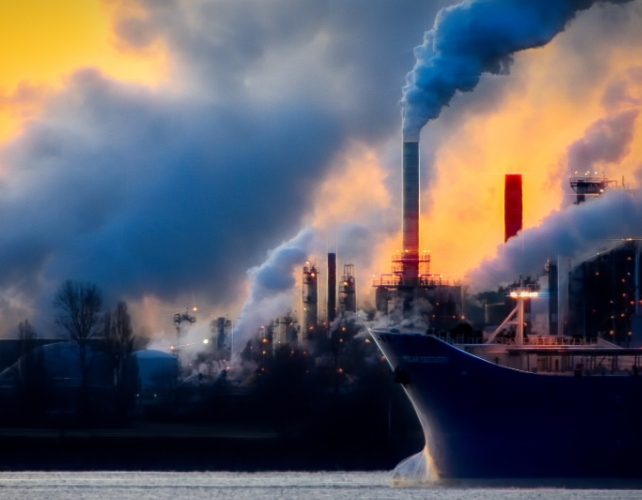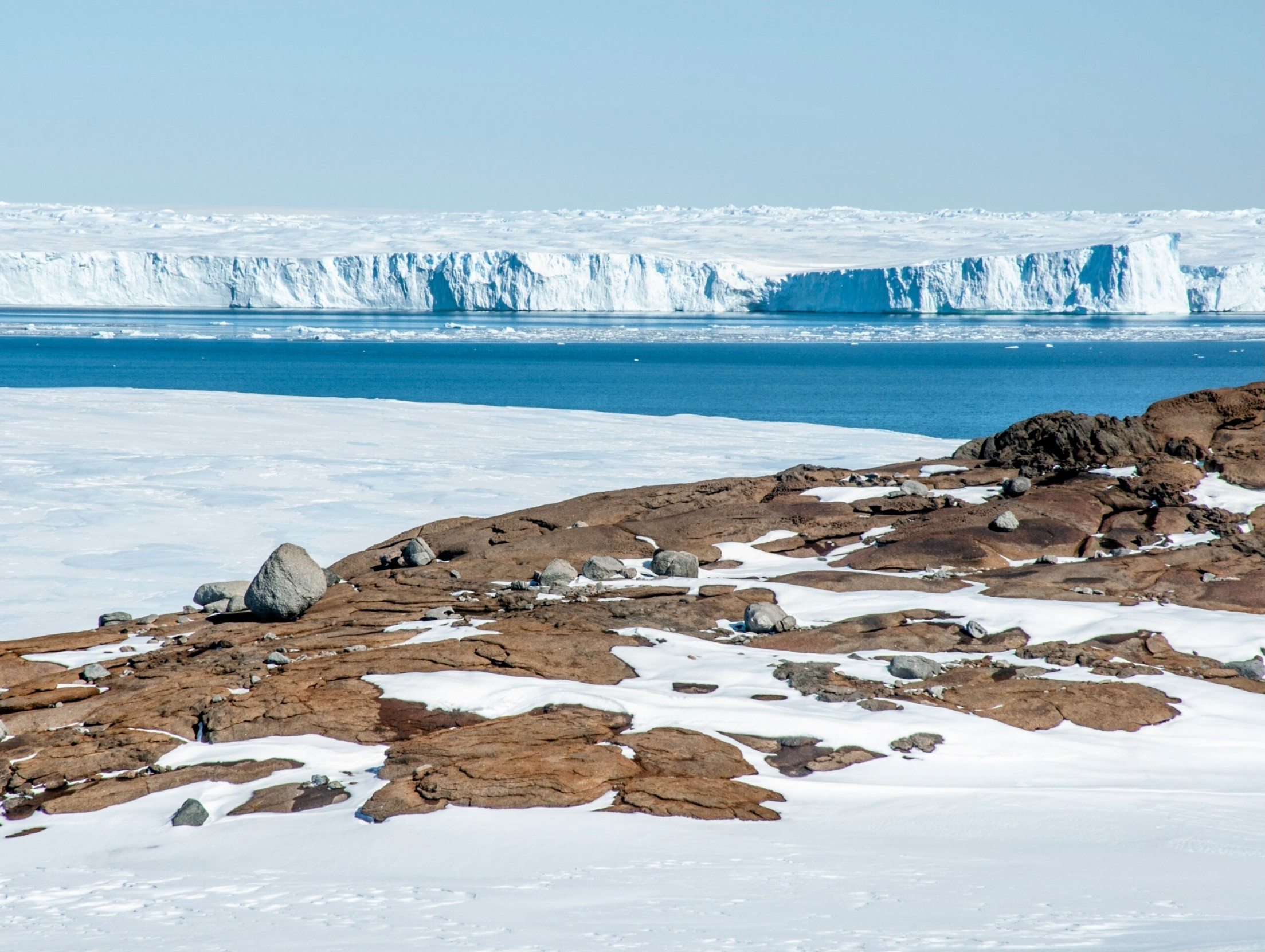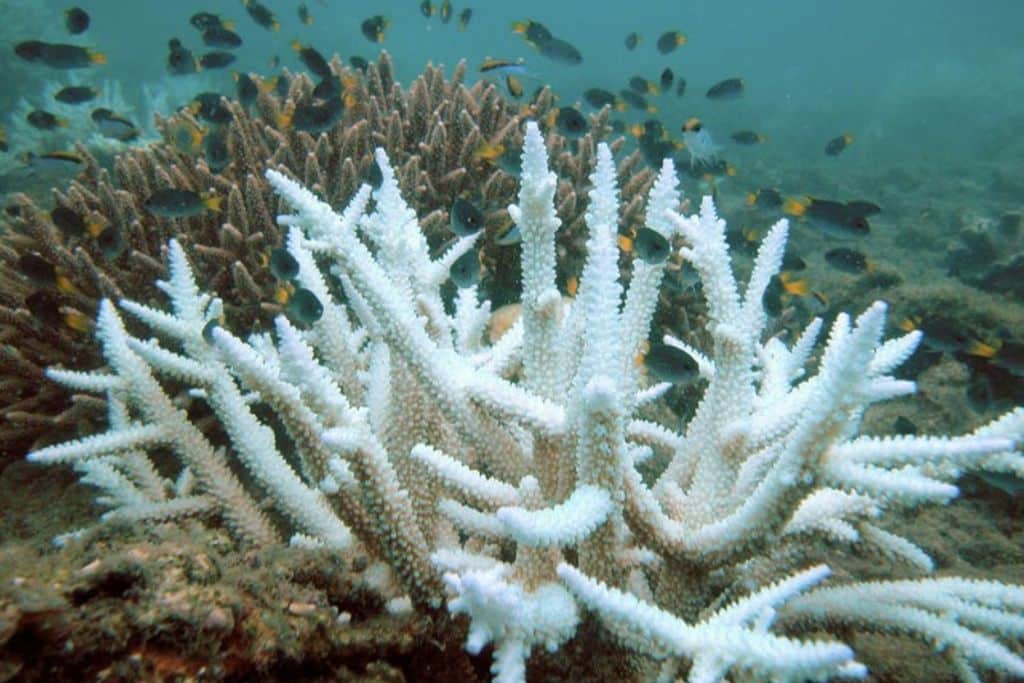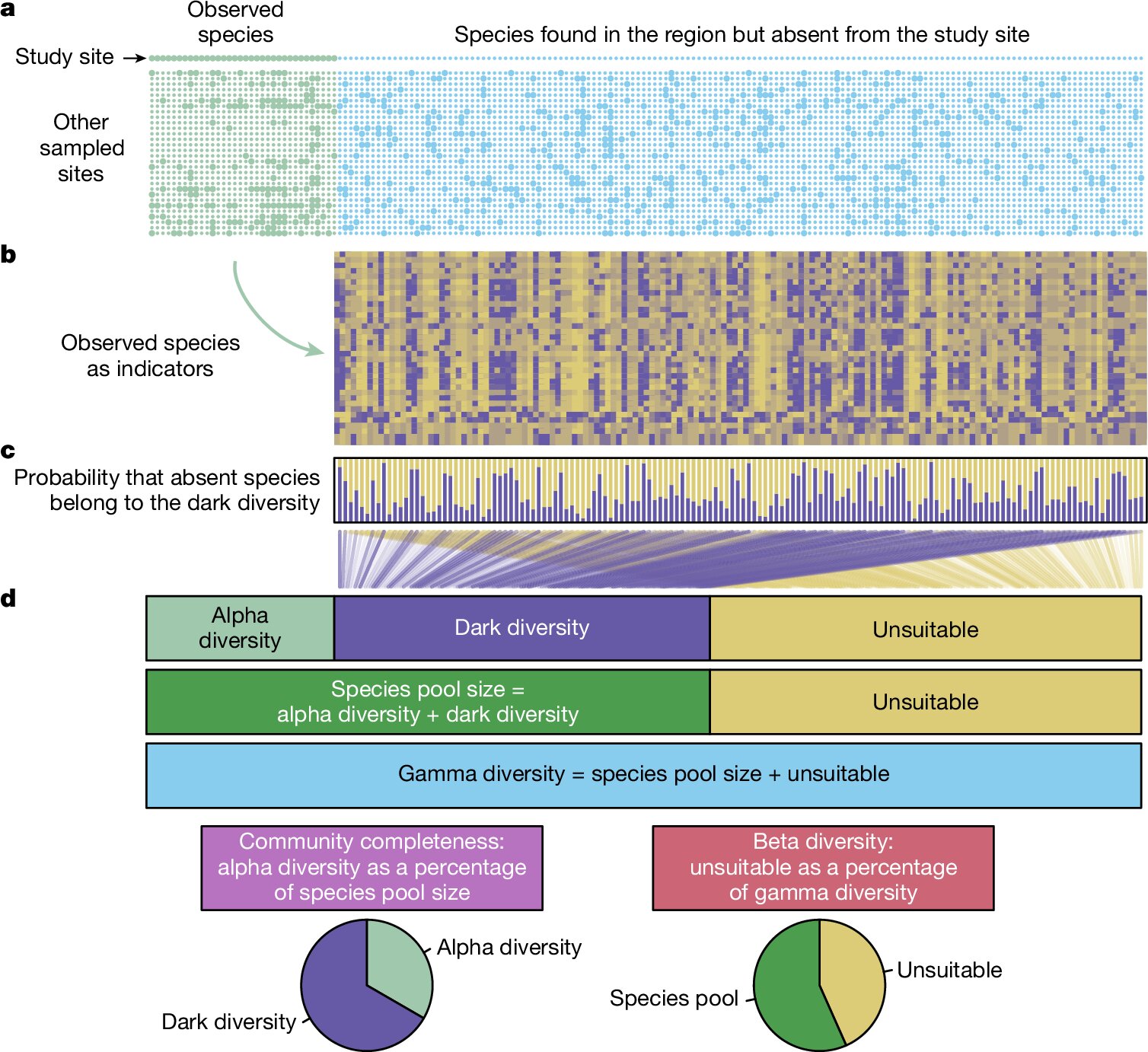
The United Nations warned on Wednesday that there is a 70 percent chance that average warming from 2025 to 2029 would exceed the 1.5 degrees Celsius international benchmark.

A new study of older adults suggests it can lead to brain shrinkage and cognitive issues, irrespective of how much exercise you're managing to fit in.

New research shows polar ice sheets may begin irreversible collapse even at 1.5 C warming - putting millions at risk.

Taurine is an amino acid occurring naturally in the body, and found in energy drinks as well as foods like fish and meat – but a new study suggests it's also an important fuel source for driving cancers such as leukemia.

A study has become the first in the world to unravel the immediate effects of a high-fat diet on our gut health. The pre-clinical study found even a few meals high in saturated fats can cause inflammation in the body.

A new satellite radar study has now found evidence that the nation's 28 most populous cities are all buckling under the pressure of urbanization, drought, or rising sea levels, to varying extents.

In a sweeping new study of more than 13,000 urban areas worldwide, researchers have mapped air pollution levels and carbon dioxide emissions, providing comprehensive global analysis of urban environmental quality.

Climate scientists reveal that millions of today's young people will live through unprecedented lifetime exposure to heatwaves, crop failures, river floods, droughts, wildfires and tropical storms under current climate policies.

A new study from eight countries shows that premature deaths attributable to consumption of ultraprocessed foods (UPFs) increase significantly according to their share in individuals' total energy intake.

A US teenager was recently reported to have developed the oddly named medical condition "popcorn lung" after vaping in secret for three years.

From 1 January 2023 to 20 April 2025, bleaching-level heat stress has impacted 83.7% of the world’s coral reef area.

A global study of over 66,000 people reveals that susceptibility to misinformation varies across age, gender, education, and political ideology.

Europe experienced its warmest March since records began, as climate change continues to push temperatures to unprecedented levels, European Union scientists said on Tuesday.

A study recently published in Nature indicates that human activities have a negative effect on the biodiversity of wildlife hundreds of kilometers away.

The damage climate change will inflict on the world’s economy is likely to have been massively underestimated.